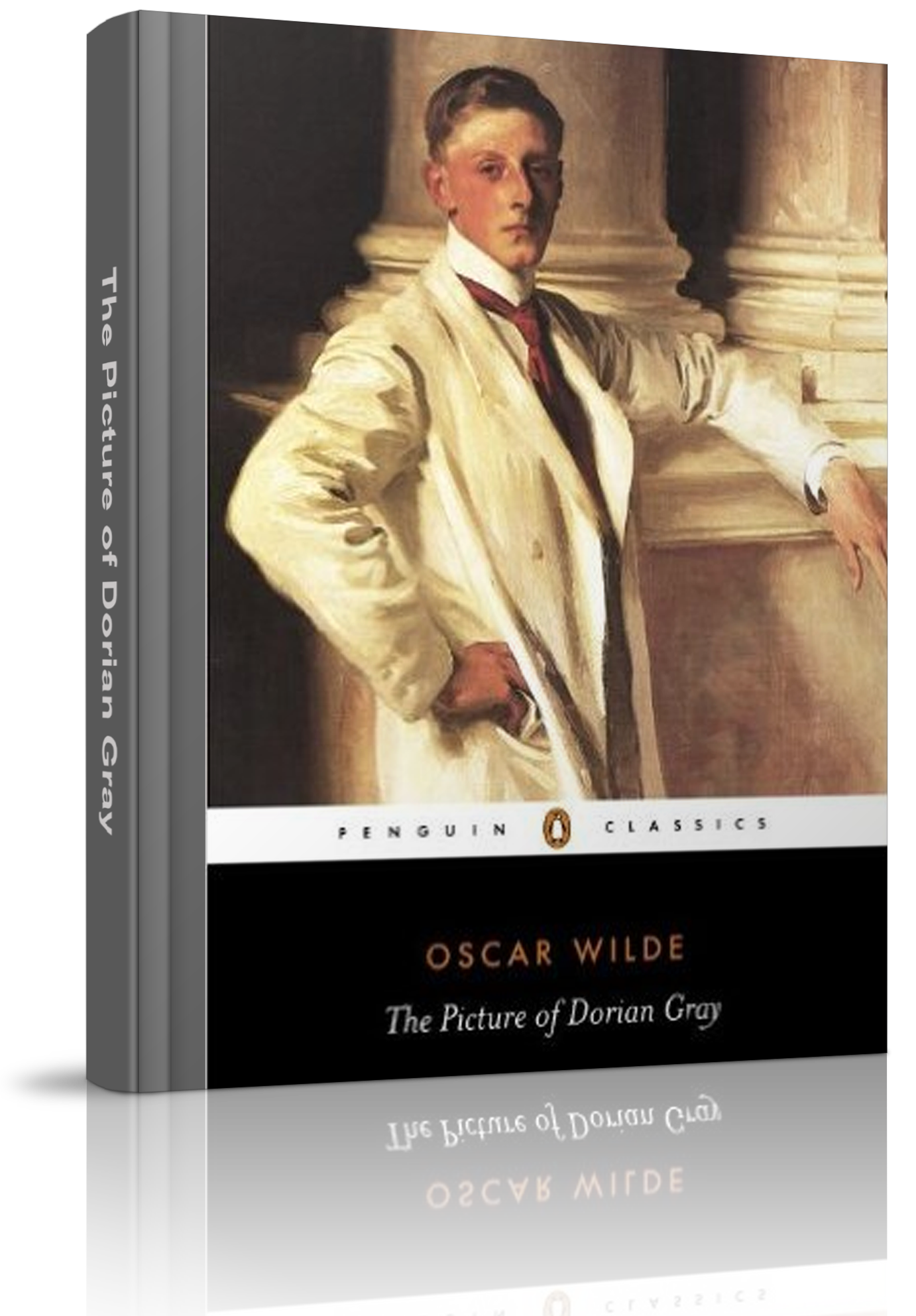Dorian Gray, as a narrative, contains parallels to other classic works and myths. The first parallel would be Robert Louis Stevenson’s The Strange Case of Dr. Jekyll and Mr. Hyde, how Dorian Gray transitions into a heartless and hated figure while maintaining his youthful beauty. The second parallel is the Narcissus myth, where the philosophy is how drowning in vanity leads to destruction, much like the protagonist in Dorian Gray. Now, I personally find a parallel to Christopher Marlowe’s Dr. Faustus, where the protagonist sells their soul for something they desire, a plot device which changes the soul into a commodity for personal desire. While Faust sought worldly knowledge, Dorian Gray sought eternal beauty.
The primary reason for the downward spiral of Dorian Gray’s social stature and his prevalent paranoia began, I believe, in the first chapter through an aristocrat named Henry Wotton. Wotton’s view of reality is, “Real beauty, ends where an intellectual expression begins. Intellect is in itself a mode of exaggeration, and destroys the harmony of any face. The moment one sits down to think, one becomes all nose, or all forehead, or something horrid.” His perspective on intelligence is synonymous with ugliness, but one could draw a conclusion that beauty is synonymous to ignorance, which does describe Dorian Gray’s mentality as a naïve and vain individual. In the second chapter, Harry illustrates to Dorian the eventual decay of youth and beauty, which leads to the trading of the soul for superficial beauty.
During a dialogue with Wotton, Basil Hallward, an artist, foreshadows how the gifts which are bestowed upon people like Harry’s rank and wealth “my (Basil’s) brains, my art… Dorian Gray’s good looks” are the main cause of personal suffering. Basil’s painting of his personal Adonis becomes the substitute for Dorian Gray’s aging and becomes a true reflection of Dorian, his descent into cruelty and indifference to human lives.
My interpretation of the painting is this: while it is supposed to be a portal to Dorian’s true nature and his descent into madness, it is also like a prison. One reason would be the ending but I’ll discuss that later down the line. Vanity blinds the vision and thus, creates a mental prison where the primary focus is on one thing, the self. But, does vanity cause the loss of the self? Secondly, vanity can drive other people away, which is the case with Dorian Gray and the rest of society. Throughout the years, while he maintains his youthful looks, other people who used to associate with him now give him a wide berth. Why? While Dorian obviously maintains his youth, his personality continues its path towards self-destruction and how repulsive he is amongst aristocrats, whilst leading a double life that defies the idea of dandyism. Dandyism, as an ideology and social norm, is dressing a certain way and how it reflects your social rank. Dorian, as an aristocrat, acts as such but also leads a second life like Jekyll and Hyde, where he is seen in the slums disguised to purchase drugs to ignore his paranoia.
The style of this book, as a classic, is slow paced and involves heavy emphasis on a certain philosophy, aesthetics versus ethics, which leads into dandyism. While I read through the book, there were points where Wilde makes references that are hard to understand. If not for the Penguin Classic edition I read that had a Notes section, to give a small tidbit about the referenced material, some content would have gone over my head. However, the book itself is easy to follow, as long as you pay attention to detail.
The way Wilde creates his characters, they each have their own personality and a level of complexity. As much as I despise Dorian Gray for how much of a sheep he is to Henry Wotton, he feels like a realistic person, someone who has their own fears and how fear drives him to insanity. Sybil Vane, while a simple character, reminds me of how people fall in love with someone’s looks but know nothing about a person, which relates back to why Dorian Gray first fell in love with Sybil as an actress, but knew nothing about her as a person.
The one complaint I do have about The Picture of Dorian Gray are how long the descriptions can be. One example of a tiresome description, are the hobbies that Gray invests his time into to distract himself from his constant paranoia. The descriptions of the various hobbies from perfumes to music and jewels, amongst other things, lasts for six pages. Wilde executes these descriptions in such a wordy fashion that it can potentially bore the audience.
The ending though, a fantastic twist for such a tragic story. I initially thought Dorian would be done in differently but the finale was executed perfectly. Not only does it fit within Dorian’s character, it emphasizes his vanity and ties up his journey to self- destruction.
I do recommend people buy this book, as it is worth the time and effort. I read the Penguin classic edition and while the notes are an interpretation from the essayist of the introduction, I do recommend using the notes section in case you are unsure of the references being made in the book.
For alternate book recommendations, I will point you towards Dr. Jekyll and Mr. Hyde by Robert Louis Stevenson and Frankenstein by Mary Shelley. Both books emphasize the theme of duality, though Stevenson dives into the theme of duality and how both sides of the human consciousness co-exist more than Shelley does, but the stark comparison between Frankenstein and his monster functions as the good and evil of humanity.

